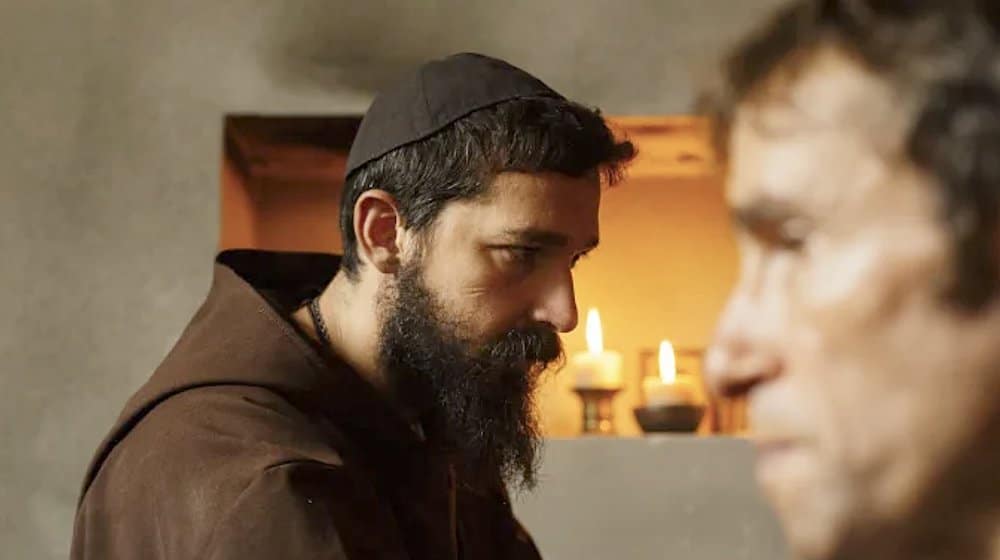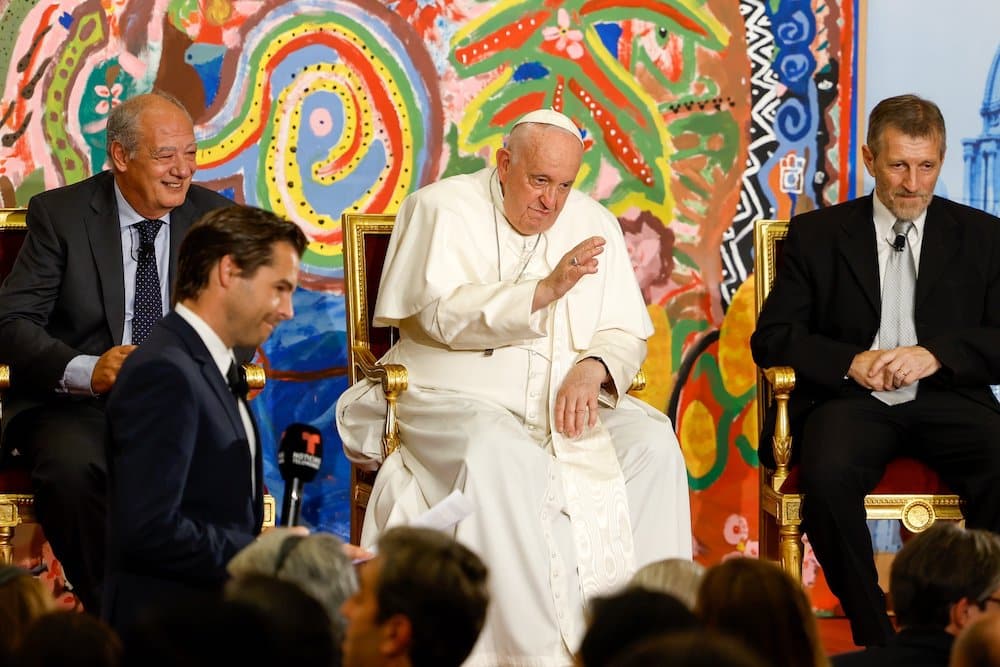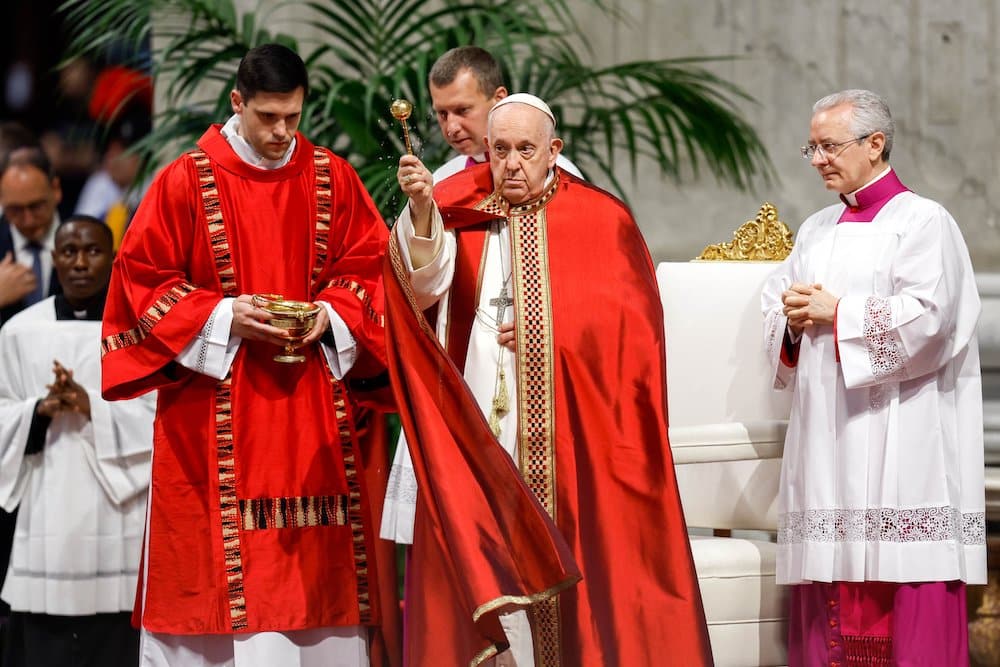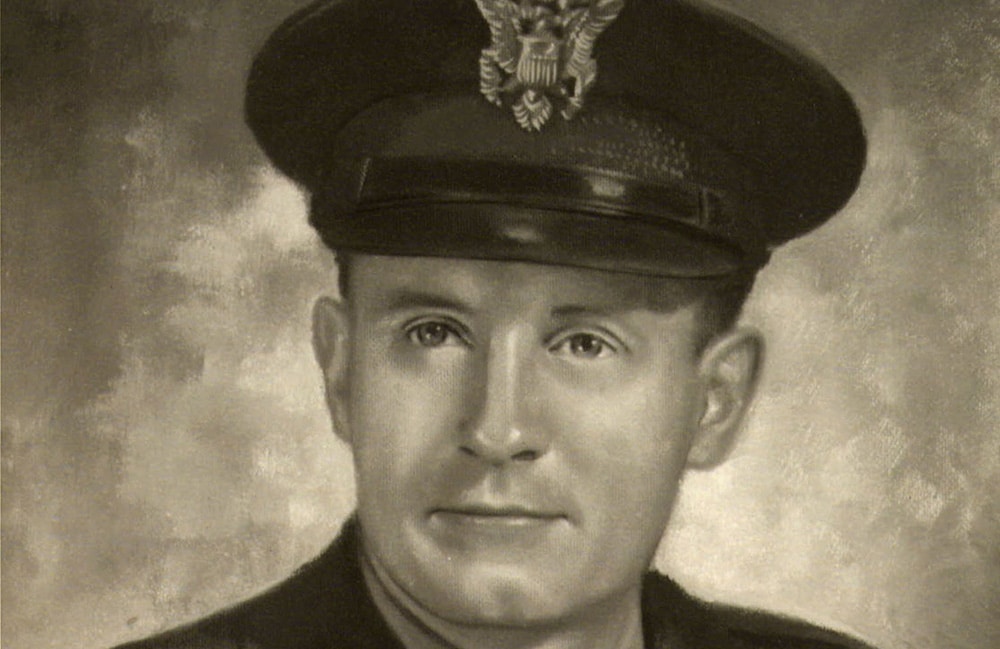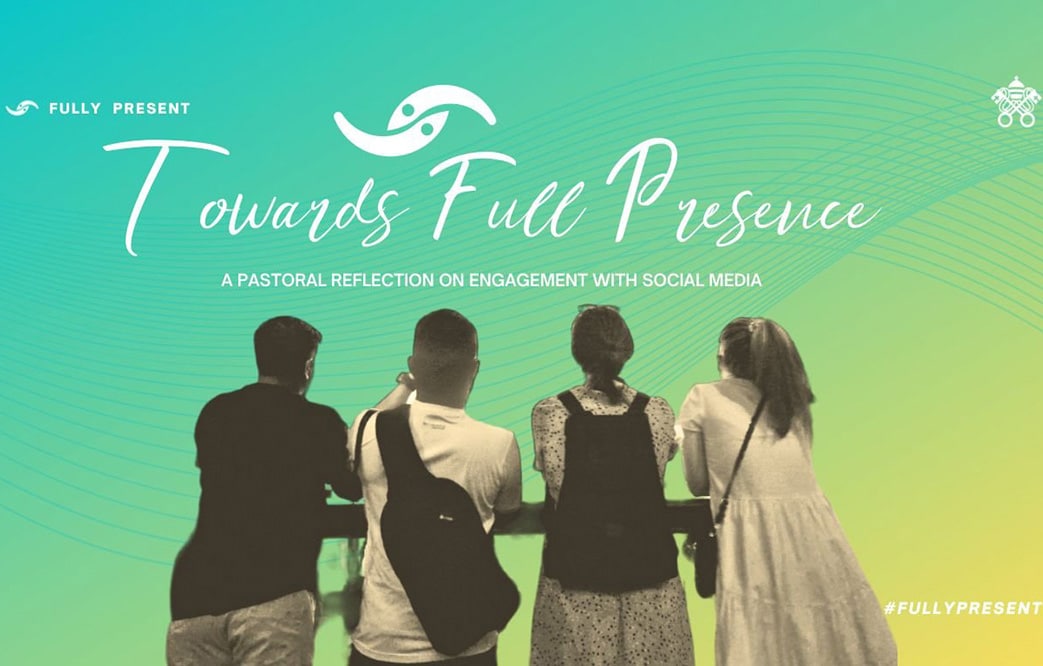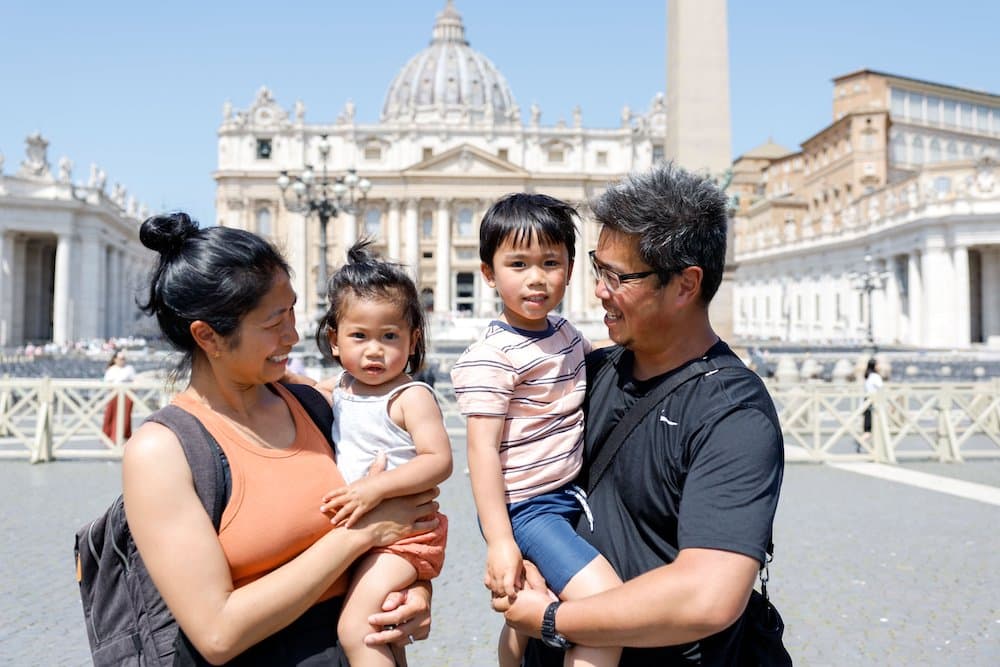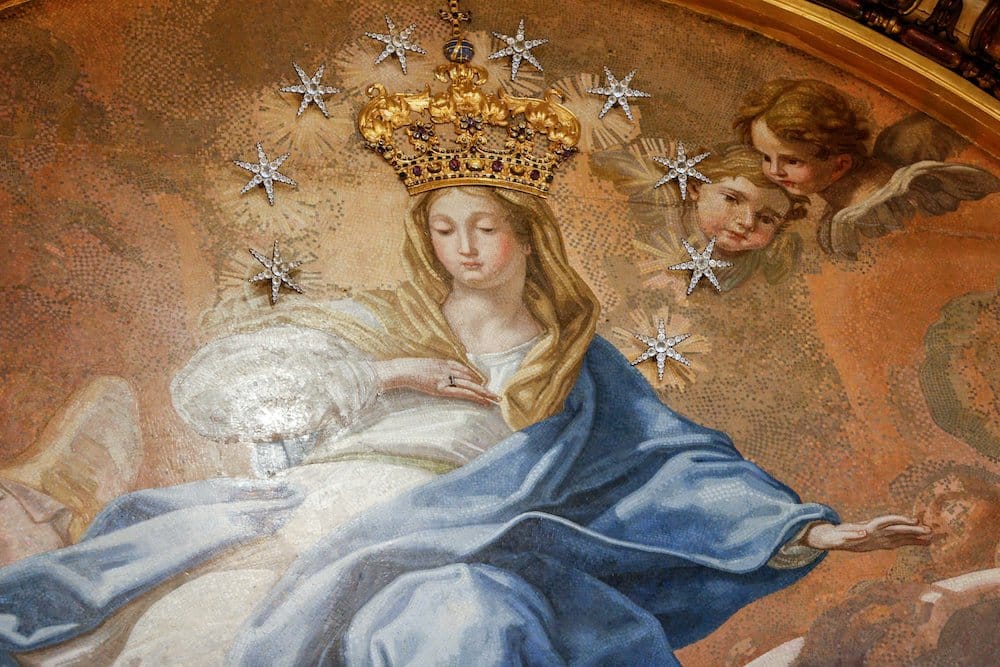(OSV News) — A film making its U.S. debut recounts the life of a beloved 20th-century saint — and the movie’s star told OSV News he “fell in love with Christ” to prepare for the part.
Actor Shia LaBeouf portrays St. Pio of Pietrelcina in the new drama “Padre Pio,” which premiered at last year’s Venice Film Festival and will be released in U.S. theaters and on demand June 2.
Directed by Abel Ferrara, the movie traces a pivotal period in the life of St. (Padre) Pio, when the 33-year-old Capuchin Franciscan priest — bearing the stigmata, the visible wounds of Christ — begins what would become his lifelong his ministry in San Giovanni Rotondo, Italy, just after World War I. (The Capuchin himself had served as a private in the Italian army’s medical corps during the conflict.)
LaBeouf said he “wasn’t even trying to make movies” when Ferrara approached him about the role.
The acclaimed 36-year-old actor — whose Emmy-winning career as a kid on the Disney Channel blossomed into big-screen success — found himself “totally lost” after his inner demons led to partying, work conflicts and run-ins with the law.
“I was wandering around, living in my truck,” he said. “I wasn’t interested in acting anymore.”
As LaBeouf began confronting his personal issues, Ferrara tapped him for “Padre Pio,” a saint to whom the Bronx-born director — best known for his gritty cinematic takes on the underworld — felt himself “drawn.”
Based in Rome for the past two decades, Ferrara had begun exploring the life of Padre Pio by first making a documentary, then crafting a feature film to depict a saint “struggling (as) an individual who, like all of us, is confronted with a lot of questions.”
“I wanted to make a film about a man,” Ferrara told OSV News. “I didn’t want to make a film about a saint.”
The project “seemed like a neon sign” beckoning LaBeouf, who said he “was looking for salvation (and) … a relationship with God.”
While researching the film, LaBeouf met Brother Alexander Rodriguez, a Capuchin Franciscan who is assistant vocation director at the order’s Old Mission Santa Inés in Solvang, California.
Soon LaBeouf was asking about more than one of the congregation’s most beloved saints.
“Shia was looking to know about Padre Pio, and then delved into the Faith,” Brother Rodriguez told OSV News. “He got into RCIA (Rite of Christian Initiation for Adults). The friars and I were helping to catechize him.”
LaBeouf said “(learning) how to pray the rosary” brought a “tangible relief” that he had previously sought through drugs, alcohol and life in the fast lane.
The lessons continued as Brother Rodriguez accompanied LaBeouf to Italy for filming, with the Capuchin providing technical assistance for the project while appearing in the movie as Padre Pio’s fellow Capuchin and spiritual advisoer.
Drawing on the saint’s writings at the time, the movie presents a “pretty accurate” image of “a very human Padre Pio, one (who) did not become a saint in an easy way,” said Brother Rodriguez.
The film links the saint’s reception of the stigmata — and its attendant suffering — with postwar Italy’s tumultuous “two red years” (biennio rosso) of economic and social upheaval, which saw riots, strikes and peasant land seizures across the country. San Giovanni Rotondo itself was the scene of a little-known October 1920 massacre in which 14 peasants were killed by police after socialists attempted to install their mayor.
Ferrara said he sees the tragedy — which he called “the first battle of World War II” — as a window into “Padre Pio’s position of compassion and sacrifice beyond petty politics,” amid the reality of evil and human suffering.
Brother Rodriguez said Padre Pio’s stigmata, which over the years drew thousands of pilgrims to San Giovanni Rotondo, had been divinely given “as a ministry for the people who were suffering” in such troubled times — which continue today, said Ferrara, who recently returned from Ukraine, where more than 88,000 Russian war crimes have so far been documented since the start of the Russian Federation’s full-scale invasion in February 2022.
“The fight has never stopped,” said Ferrara, adding, “what’s happening in Ukraine (and) what happened in World War I (both) show that evil is there, that it exists.”
“I have Polaroid pictures of evil in my life,” said LaBeouf, stressing that evil typically manifests itself in mundane forms such as “selfishness, self-centeredness … dishonesty (and) a complete lack of empathy for others.”
In the face of evil, LaBeouf said he now draws on his faith for strength, wisdom and courage, with Padre Pio as a role model.
“He suffered in patience, silence and solitude. He didn’t complain about it,” said LaBeouf. “The deeper I got into Pio, the more I realized the right way to suffer. His life was instructive.”

